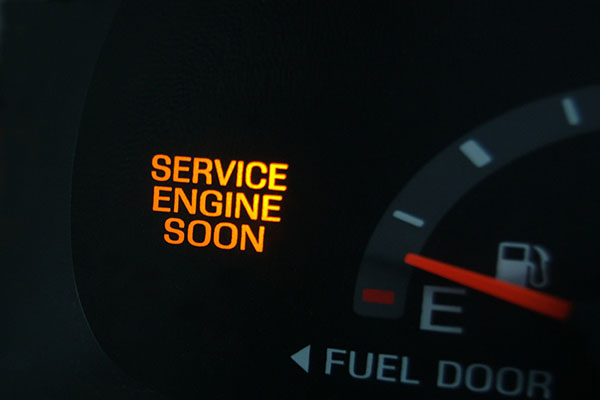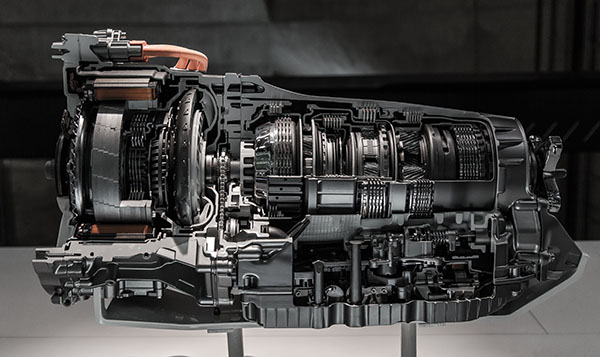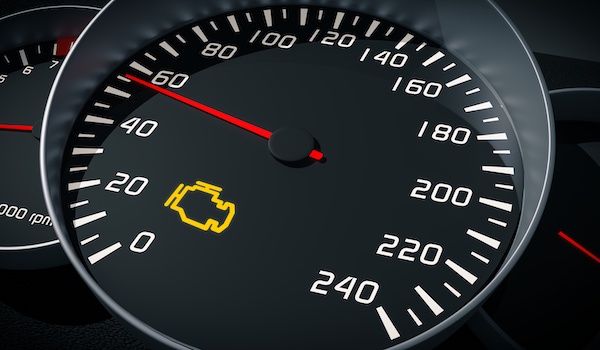Posted on 12/28/2023

In the realm of rugged dependability, the 2023 Toyota Tacoma stands tall as an epitome of strength and resilience. Let's embark on a journey to explore the intricate details that make this pickup truck a true automotive marvel - we will go over its main features giving you the info needed to make a informed decision. Before We Start - Price We have to mention the fantastic price point of the Tacoma. MSRP starts at $29,430 and goes up to $50,740, depending on the trim. Heart of the Beast - The Engine At the core of Tacoma's prowess lies a robust 2.7 L Inline 4-cylinder engine, breathing life into every adventure. Generating 159 horsepower at 5,200 rpm and delivering a torque of 180 lb-ft at 3,800 rpm, this powerhouse ensures a seamless and exhilarating drive. The Double Overhead Cam (DOHC) and Variable Valve Timing add a touch of sophistication to its ... read more
Posted on 11/28/2023

Your car is equipped with remarkable technology that plays a crucial role in keeping your vehicle running smoothly—the On-Board Diagnostic (OBD) system. But what exactly does this system do, and why is it so important for modern automobiles? Let's delve into the functionalities of the OBD system to unravel its significance. Understanding the On-Board Diagnostic SystemWhat It Does The primary function of the OBD system is to monitor and manage the performance of your vehicle's engine and other essential systems. It serves as a built-in diagnostic tool that continuously scans and analyzes various components, ensuring they operate within optimal parameters. How It Works The OBD system is particularly crucial in monitoring and controlling the emission levels of your vehicle. It keeps tabs on the efficiency of the e ... read more
Posted on 10/27/2023

You press your foot on the brake pedal, and miraculously, your car halts. It's a moment of trust in your vehicle, and at the heart of it all are your brake pads. While they often get the limelight, the brake system is made out of a lot more than just them. Let's take a look at each and every component that also needs care! The Orchestra of Brake Components Before we venture into the less-explored realms of brake maintenance, let's briefly understand the crucial roles of the brake system's main components. Your brake system is like an orchestra, and each part plays its unique part in ensuring your car can stop safely and efficiently. Brake Pads Rotors Calipers Brake Lines Fluid Brake Fluid Its job is to transmit the force applied to the brake pedal to the calip ... read more
Posted on 9/29/2023

Your car's transmission, that often-overlooked mechanical marvel, plays a vital role in ensuring smooth and seamless driving. However, it's not invincible, and over time, it may require some TLC, potentially even a rebuild. In this comprehensive guide, we'll demystify the signs that indicate when a transmission needs a rebuild and share valuable tips on how to avoid this costly and inconvenient scenario. Signs Your Transmission Needs a RebuildSlipping Gears If your transmission hesitates, shifts unexpectedly, or seems to slip out of gear, it's a telltale sign that something is amiss. This could be due to worn-out clutch plates, bands, or other internal components. Unusual Noises Odd clunking, whining, or grinding noises when your car shifts gears are clear indicators of trouble. These noises often signal the need fo ... read more
Posted on 8/30/2023

The sudden pop-up of the check engine light on your Nissan's dashboard can trigger a sense of unease, often leading to thoughts of complicated diagnostics and hefty repair bills. However, before you let anxiety take the wheel, know that there are instances when you can reset the check engine light on your own. Understand the Check Engine Light in Your Nissan Your Nissan's check engine light is responsible for alerting you to potential issues within the vehicle's systems. It can indicate anything from minor hiccups to more significant concerns. While it's not a direct indicator of the exact problem, it signals that something requires your attention. Reasons to Reset If you've addressed the issue causing the check engine light to illuminate or if the light was triggered by a temporary glitch, you might be able to reset it yourself. Common reasons to reset include changing the gas cap, fixing a loose sensor connection, or resolving a minor emissions issue. However ... read more